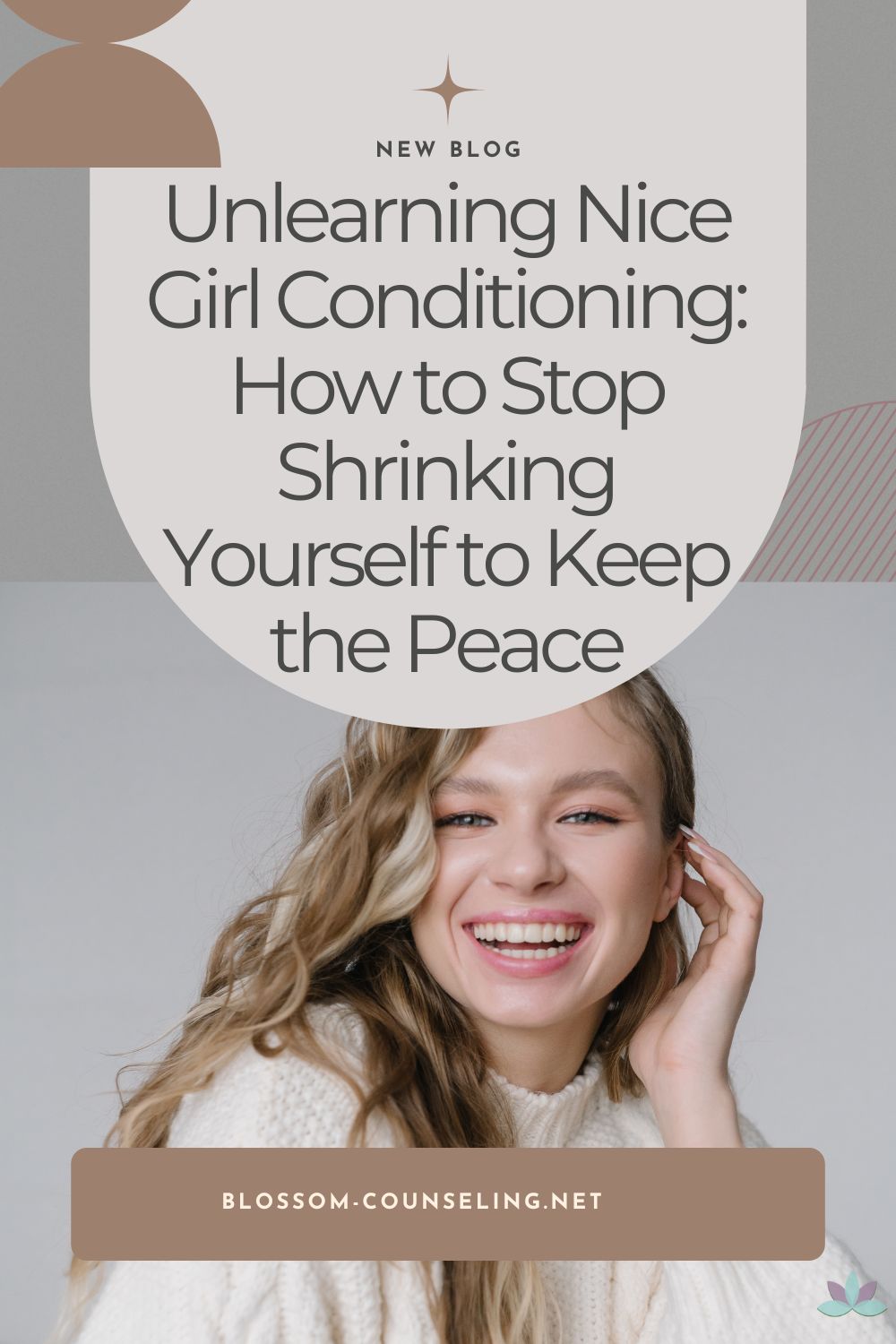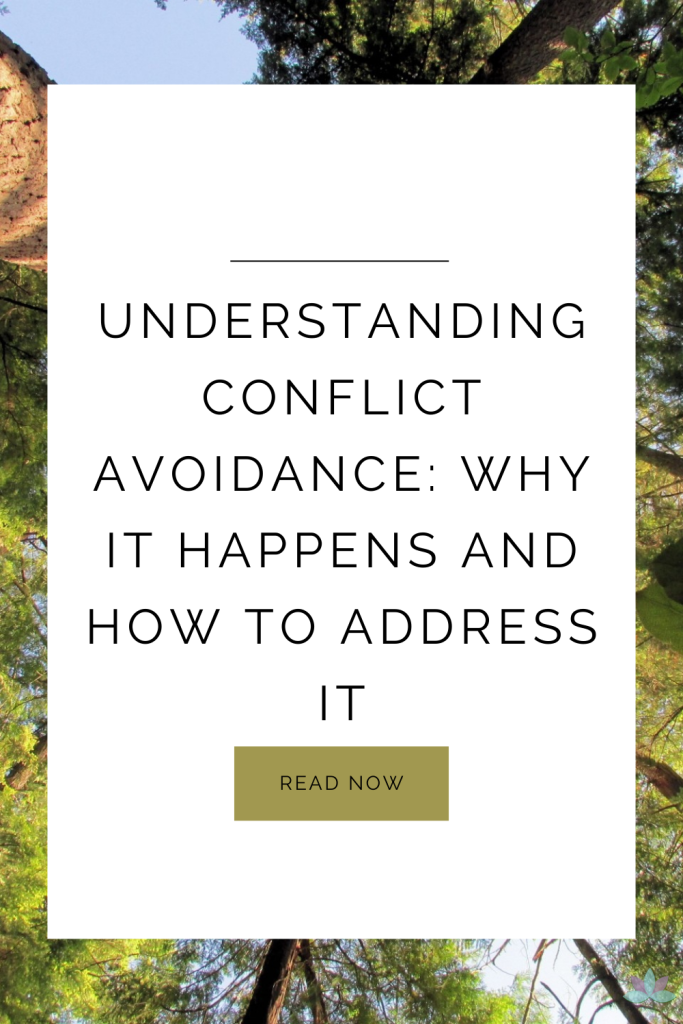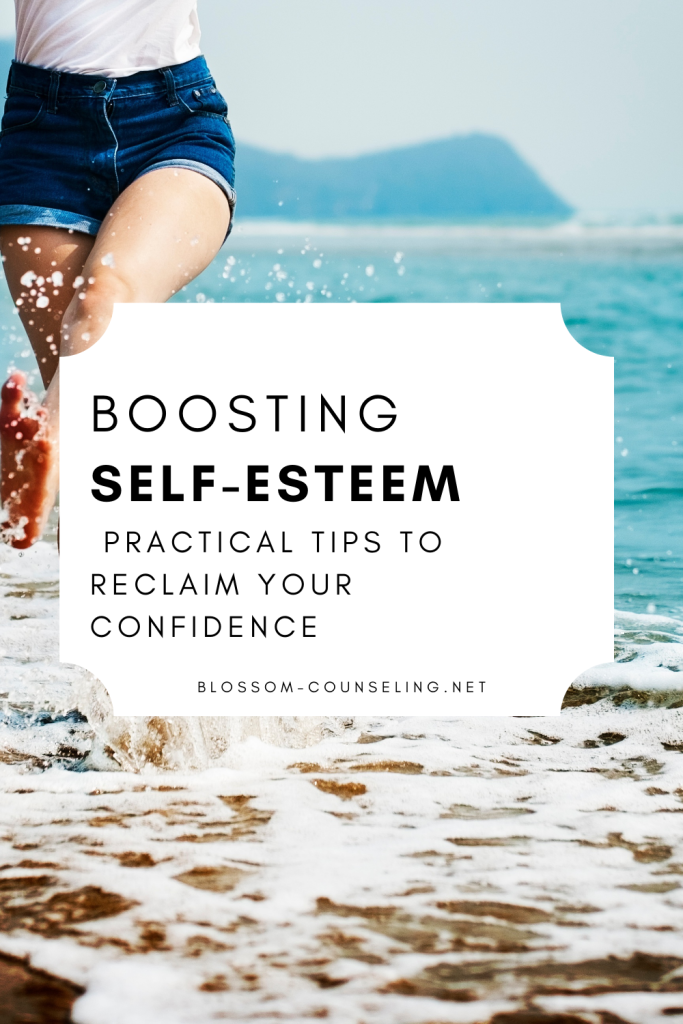 So many of us were taught early on that being liked is the goal. That being “nice” means being quiet, agreeable, helpful, and never rocking the boat. On the surface, it sounds harmless. Who doesn’t want to be kind, right? But this version of “nice” isn’t about kindness. It’s about shrinking yourself so everyone else can stay comfortable.
So many of us were taught early on that being liked is the goal. That being “nice” means being quiet, agreeable, helpful, and never rocking the boat. On the surface, it sounds harmless. Who doesn’t want to be kind, right? But this version of “nice” isn’t about kindness. It’s about shrinking yourself so everyone else can stay comfortable.
Nice girl conditioning is what happens when we start tying our worth to how easy we are to be around. It’s the pressure to say yes when you want to say no, to smile through discomfort, or to downplay your needs because speaking up feels selfish. It teaches you that your peace should always come second—and over time, that gets exhausting.
Being nice isn’t the problem. The problem is when “nice” becomes the mask you wear to be accepted or avoid conflict. When you’re so focused on being liked that you stop feeling like yourself.
What It Looks Like in Real Life
You might be stuck in nice girl mode if:
You apologize constantly, even for things that aren’t your fault.
You say yes when you’re already drained, then feel resentful later.
You hold back your opinions because you don’t want to upset anyone.
You avoid setting boundaries because you’re scared of seeming rude.
You worry that if you stop being “the easy one,” people won’t stick around.
The tricky part is that this behavior is often rewarded. You get called mature, thoughtful, or dependable. But underneath that praise, you might feel unseen, frustrated, or like you’re always performing.
Why It Matters
Living like this takes a toll. It can lead to burnout, anxiety, and that constant sense of questioning who you really are. You become so good at anticipating everyone else’s needs that you lose touch with your own.
Therapy can help you start untangling that pattern. It’s not about becoming harsh or selfish—it’s about learning that kindness should include you, too.
What Unlearning Looks Like
It’s saying “no” without over-explaining.
It’s letting yourself take up space and speak up, even when it’s uncomfortable.
It’s being okay with someone being mildly disappointed and realizing you’re still a good person.
It’s trusting that real relationships can handle boundaries.
Most of all, it’s learning to listen to your own voice again—the one that’s been quiet for too long.
It’s Not Easy, But It’s Worth It
At first, unlearning this might feel strange or even wrong. You might feel guilty, or worry that people will think you’ve changed. But over time, you start to notice something else—relief. You realize that you don’t have to earn your worth by being agreeable or selfless.
You’re allowed to be kind and still say no. You’re allowed to rest. You’re allowed to take up space. You’re allowed to be real.
And real, even when it’s messy, is always enough.
Hi, I’m Caitlin. I’m a student intern at Blossom Counseling & Wellness, and I work with teens, kids, and young adults who feel anxious, overwhelmed, or just not like themselves lately.
Therapy with me is calm, real, and down-to-earth. You don’t have to have everything figured out to start feeling better—we’ll take things one step at a time. I love helping clients find practical ways to manage stress, understand their emotions, and start trusting themselves again.
Whether you’re a teen dealing with big feelings, a college student trying to keep up, or a parent looking for support for your child, I’m here to help you find your footing and feel more grounded.




